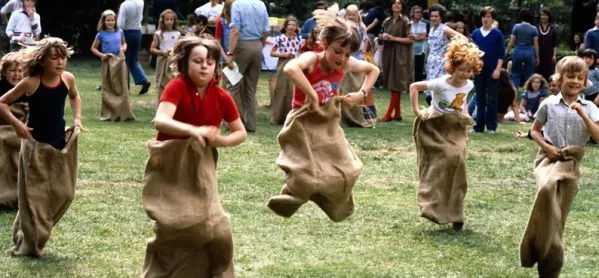Just before schools broke up for the summer holidays this year, there was a run of ‘heart-warming’ stories in the popular press about disabled children winning races at sports days. One story told how a disabled child “cried with joy” when his classmates slowed down at the end of the race so that he could win gold. Another reported that “there wasn’t a dry eye on the school field” as friends joined hands and ran one step behind a disabled child so that he won the race.
At first sight, it might seem churlish to be critical of these stories; after all, the non-disabled children were trying to be kind to their disabled peers. The newspapers tell us that everyone was delighted and moved by these acts of collective generosity.
But, when you read behind the headlines, a different story - and a much less uplifting one - is revealed. The children who won were in Year 5 and Year 6. By the time they’d gone for the gold, they had already experienced years and years of ‘failure’ at school sports days. This had an obvious effect: one of the children - at least - had told his mother before the race that he simply didn’t want to take part.
In the rush to publish a good news story, the years of unhappiness leading up to that point are forgotten. What’s clear is that a child with SEND being allowed to win, after several years of miserable failure, does not make for an inclusive sports day.
How to make an inclusive sports day
The challenge for teachers working in schools is how to make sports day enjoyable and inclusive for all children. This needs commitment and creativity, meaning the response to the challenge will likely be different in every school.
For some schools, it might mean adding new sports to the traditional range of competitive options - for example, a game of Boccia, similar to Bowls. For others, it might mean having a non-competitive sports day with sports activities rather than competitive races. It could mean a combination of the two, so that there really is something for everyone to take part in and enjoy.
Physical activity is important for all children and so the aim of an inclusive sports day should be that no child, whether labelled with SEND or not, should be excluded.
Dr. Katherine Runswick-Cole is a professor of critical disability studies and psychology in Manchester
Want to keep up with the latest education news and opinion? Follow TES on Twitter and like TES on Facebook




